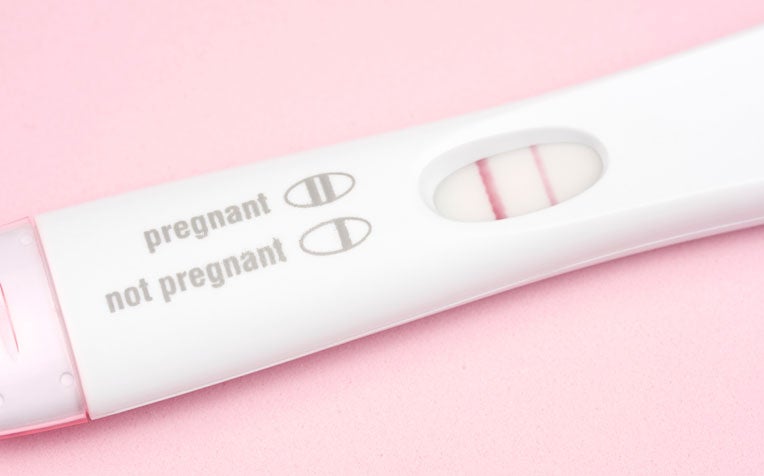HealthXchange will NEVER ask you to transfer money over a call. If in doubt, call the 24/7 ScamShield helpline at 1799, or visit the ScamShield website at www.scamshield.gov.sg.

Ectopic pregnancies happen when the fertilised egg attaches itself outside of the uterus.
If you think you are pregnant and experience vaginal bleeding and lower abdominal or pelvic pain in the first few weeks, you could have an ectopic pregnancy.
What is an ectopic pregnancy?
This type of pregnancy, in which the fertilised egg attaches itself to the fallopian tube instead of the lining of the uterus, occurs in about one to two out of every 100 pregnancies. The fertilised egg can also implant in the ovary, cervix, abdominal cavity and in the scar of a previous caesarean section. These other non-tubal sites account for less than 5 per cent of ectopic pregnancies. However, the complications are more severe and treatment is different.
“An ectopic pregnancy cannot progress normally and is a non-viable pregnancy,” says Dr Khoo Chong Kiat, Head and Consultant, Ambulatory Service, Department of General Obstetrics and Gynaecology, KK Women’s and Children’s Hospital (KKH), a member of the SingHealth group. “It requires urgent medical attention. If the fertilised egg is implanted in the fallopian tube in an ectopic pregnancy, it can damage or rupture the tube and cause internal bleeding which can be massive and life-threatening.”
Early diagnosis and treatment of an ectopic pregnancy may help preserve the fallopian tube, possibly avoiding the need for an operation and increase the chances of future healthy pregnancies.
Warning signs of an ectopic pregnancy
The early signs of an ectopic pregnancy are similar to those of a normal pregnancy. These include:
- Missed period(s)
- Breast tenderness
- Nausea
But soon there are warning signs such as:
- Lower abdominal or pelvic pain on one or both sides, that grows worse over time
- Irregular vaginal bleeding known as spotting
If the ectopic pregnancy ruptures, there may be:
- Severe pain in the lower belly
- Shoulder pain triggered by internal bleeding
- Dizziness
- Fainting / passing out
Ref: R14
Contributed by
Related Articles
Conditions & Treatments
Public Events
Get the Health Buddy App
© 2025 SingHealth Group. All Rights Reserved.















 Get it on Google Play
Get it on Google Play